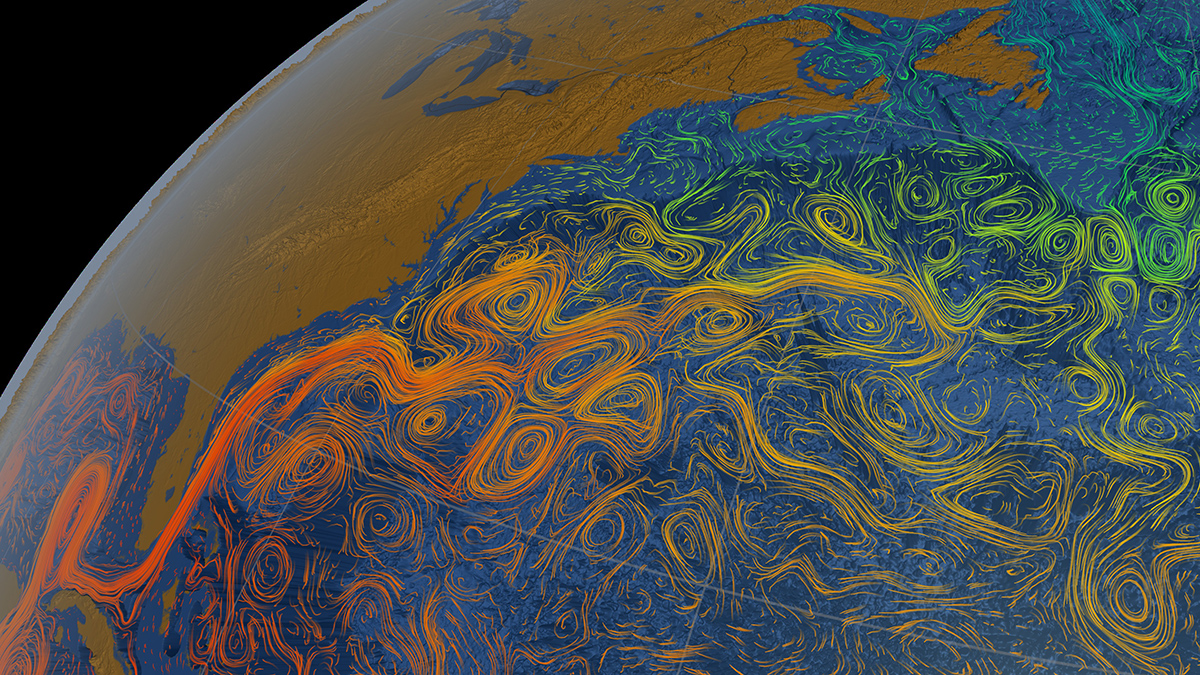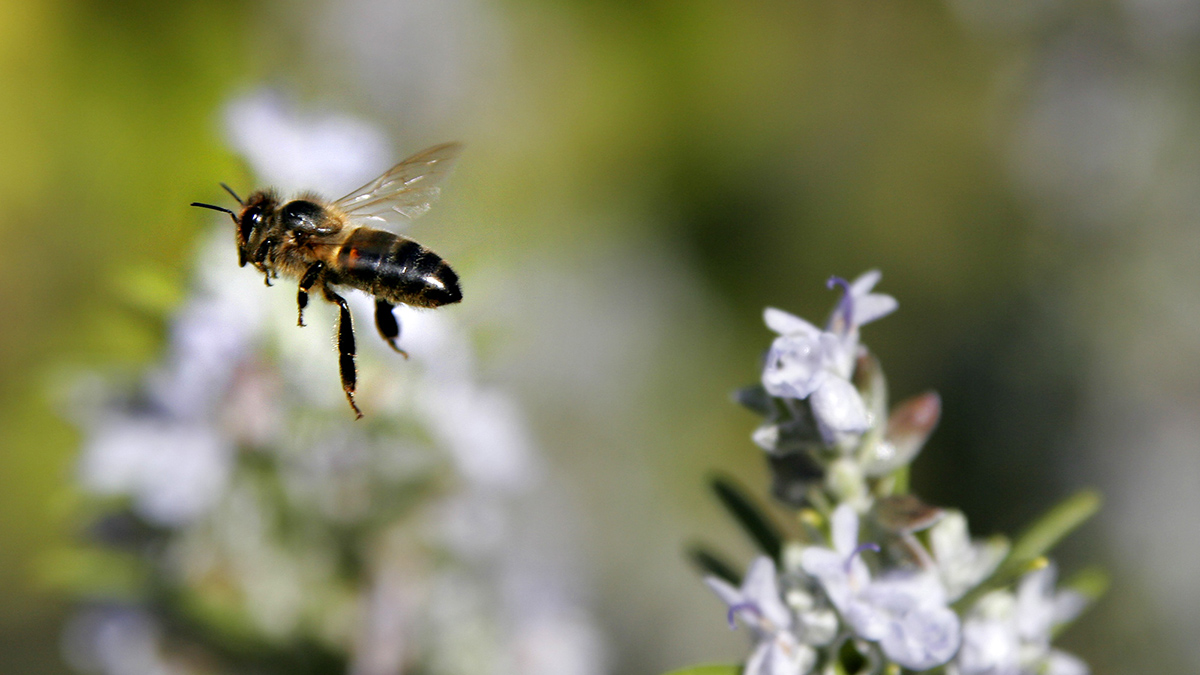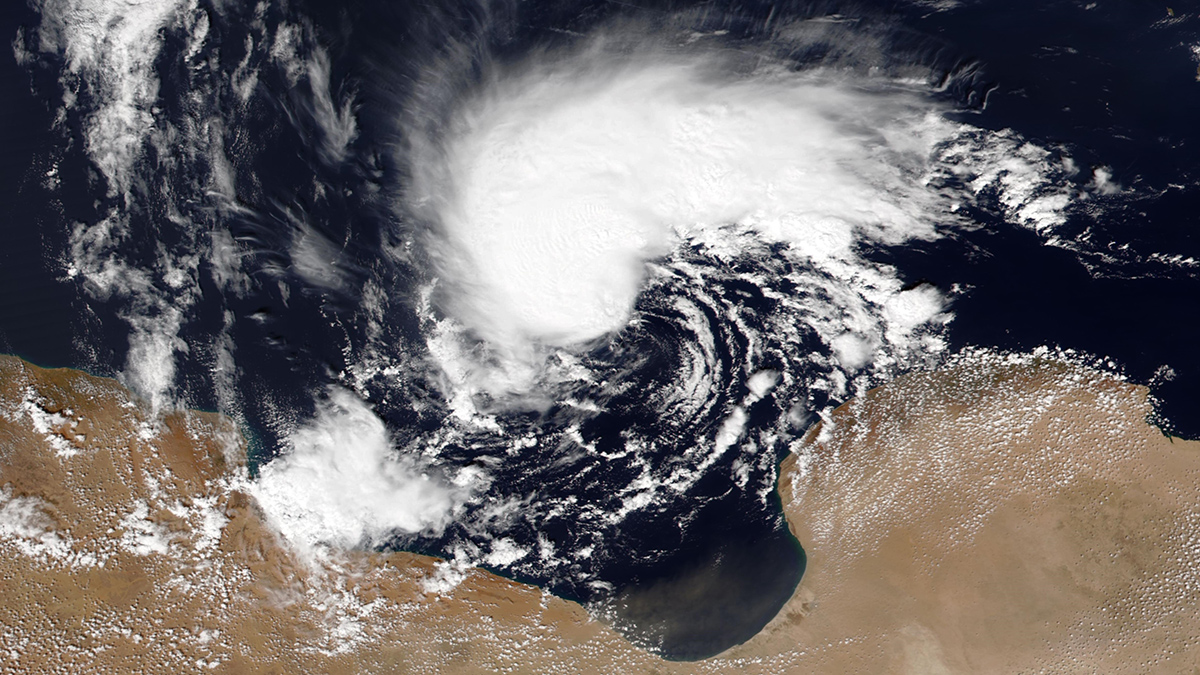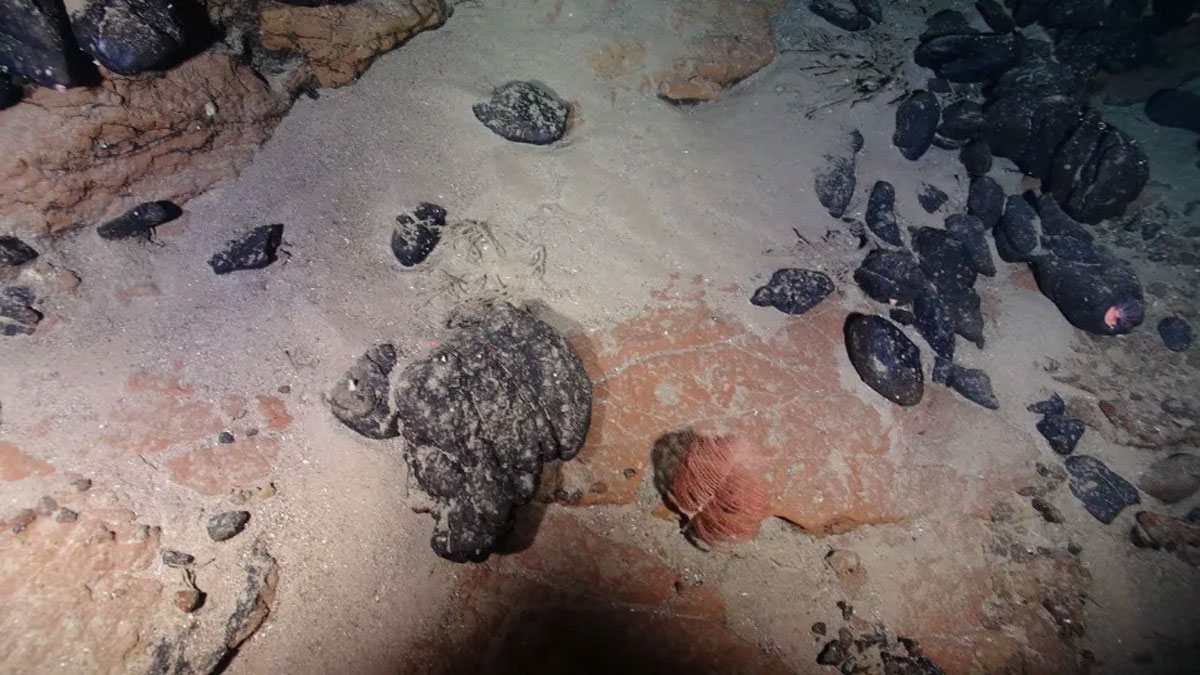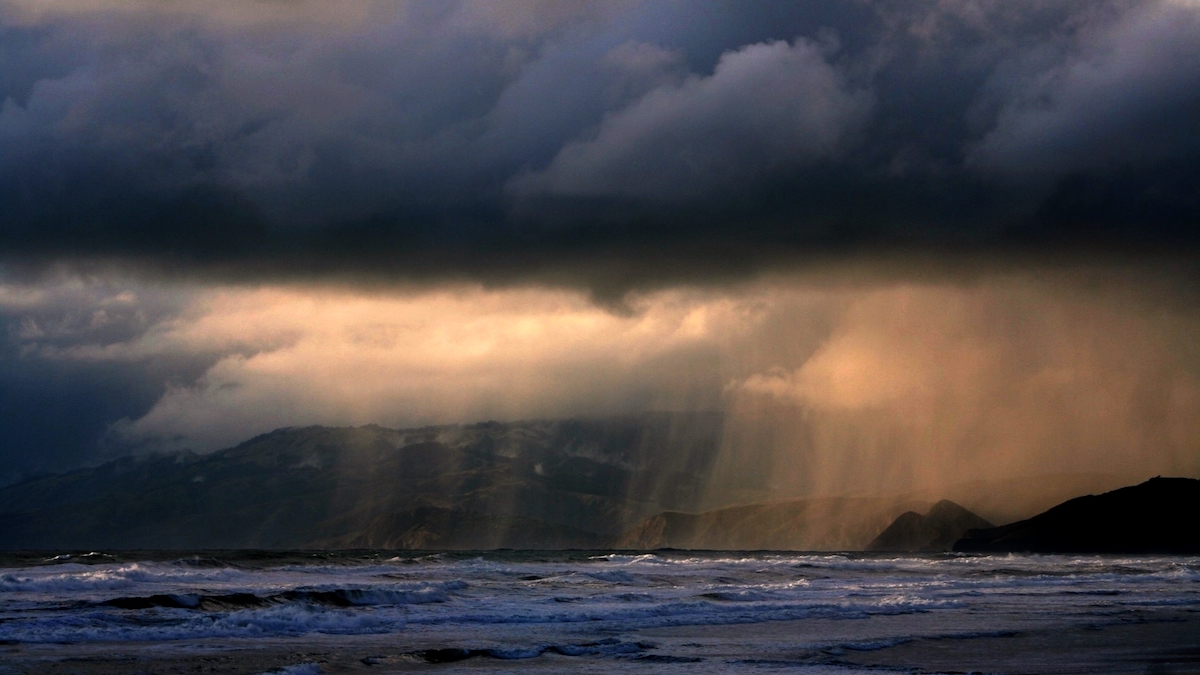The Atlantic is already the saltiest of Earth’s oceans, and parts of it are getting saltier. Winds and warming may be to blame.
News
Air Pollution Could Make It Harder for Bees to Navigate
Fine particulate matter in the atmosphere reduces the degree of polarization of sunlight, which insects use to guide themselves home.
Torrents of Sediment-Laden Water Worsened Disastrous Libyan Floods
Drought followed by torrential rain can unleash deadly floods in arid regions, like those that affected Libya in 2023.
Uma Ilha Tropical Há Muito Perdida Fica no Litoral do Brasil
Um platô vulcânico submerso no sudoeste do Atlântico foi uma ilha tropical há 45 milhões de anos.
On the Wisconsin-Iowa Border, the Mississippi River Is Eroding Sacred Indigenous Mounds
A multimillion-dollar bank stabilization project could protect historic sites dating back thousands of years.
Hot Spot Lavas Around the World May Have Something in Common
A global study of lavas from volcanic hot spots suggests that contrary to accepted wisdom, Earth’s deep mantle may have the same composition throughout. Not everyone is convinced, however.
Rainfall Makes the Ocean a Greater Carbon Sink
Rain has so far been ignored in calculations of the ocean’s capacity to take up carbon, but a new estimate shows it enhances the ocean sink by 5%–7%.
Lack of Water Quality Data Is a Form of Environmental Injustice
There’s a dearth of information on the health of lakes in marginalized communities.
Sailing Spectators’ Sounds Could Harm Marine Creatures
Research delves into noise pollution caused by spectator boats at sailing events such as the America’s Cup.
A Close Asteroid Encounter May Have Once Given Earth a Ring
An unusual concentration of impact craters suggests that they may have been caused by the breakup of an asteroid that created a temporary debris ring around Earth.

